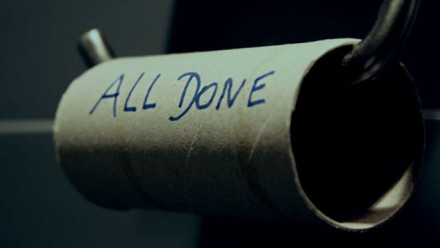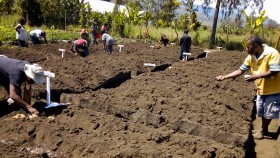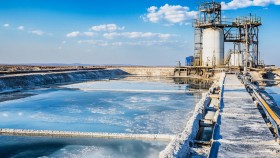What Australia’s COVID-19 Panic-Buying Tells Us About Climate Change
I study social responses to climate change. Or to abstract it a little: social responses to a mostly invisible, deeply political and divisive, collective action problem with inequitable social impacts and the potential for clever policy to genuinely fix the problem and improve our world…. So, perhaps there are some parallels to our COVID-19 dilemma that are worth exploring.
Climate change questions our modern lives. We feel its accusing glare when we turn on the lights, when our hot shower runs longer than it should, when we use the car instead of the bike to buy our groceries, and in rapid-fire succession with every item we pick off the shelf at the store.
Some of us spend more in efforts to pay a price that captures a truer cost of consumer items, in the hope that by internalising otherwise unaccounted costs we can hold up our chin and meet the glare’s gaze.
Some of us spend less; we avoid plastic, we don’t buy palm oil, we buy less beef. We go without and trust that the glare can’t find us if we don’t provoke it.
Sometimes these changes see us cross paths with others who do the same. We find our people. Other times these changes demonstrate to folks how they too can change their lives, and they join us (such is the power of social norms). Individual choices bond us with others who do the same, as we share a common struggle against climate change. We see our morality in each other, and know that we are Good People doing the Good Things against the Bad Thing.
Read the full article on the New Matilda website, authored by Dr Rebecca Colvin











